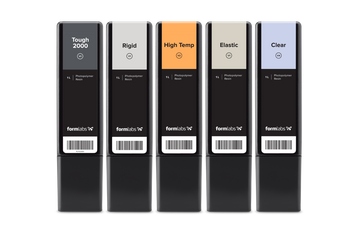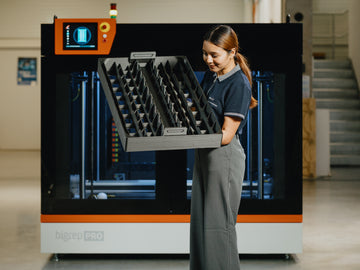Prototyping is an important step in the product development process, allowing companies to test and refine their designs before going into mass production. For startups, being able to quickly and accurately produce prototypes can be crucial for success. One solution that can help with this is SLA (stereolithography) printing.
SLA printing is a 3D printing technique that uses a laser to cure photopolymer resin layer by layer, creating a physical model of a 3D design. This process allows for the production of highly accurate and detailed prototypes, and it can be done relatively quickly compared to traditional manufacturing methods such as injection molding.
There are several benefits to using SLA printing for prototyping in startups:
-
Reduced costs: SLA printing can significantly reduce prototyping costs compared to traditional manufacturing methods. This is especially true for small quantities, as the setup costs for injection molding and other methods can be quite high. With SLA printing, you can produce high-quality prototypes at a lower cost and with a quicker turnaround time.
-
Faster lead time: SLA printing allows for a faster prototyping process, as the turnaround time is much shorter compared to traditional methods. This means you can get your prototypes in hand faster, allowing you to iterate and test your designs more quickly.
-
High resolution and accuracy: SLA printing produces highly accurate and detailed prototypes, with a resolution of up to 0.1mm. This level of precision can be useful for testing fit and function, as well as for producing intricate and complex designs.
-
Material options: SLA printing offers a wide range of material options, including different resin types and colors. This allows you to choose the material that best fits your needs, whether it be for strength, flexibility, or aesthetics.
In summary, using SLA printing for prototyping in startups can significantly reduce costs and lead time, while also allowing for the production of high-quality, accurate prototypes. It's a valuable tool for quickly iterating and refining product designs, and it can be a key factor in the success of a startup.






